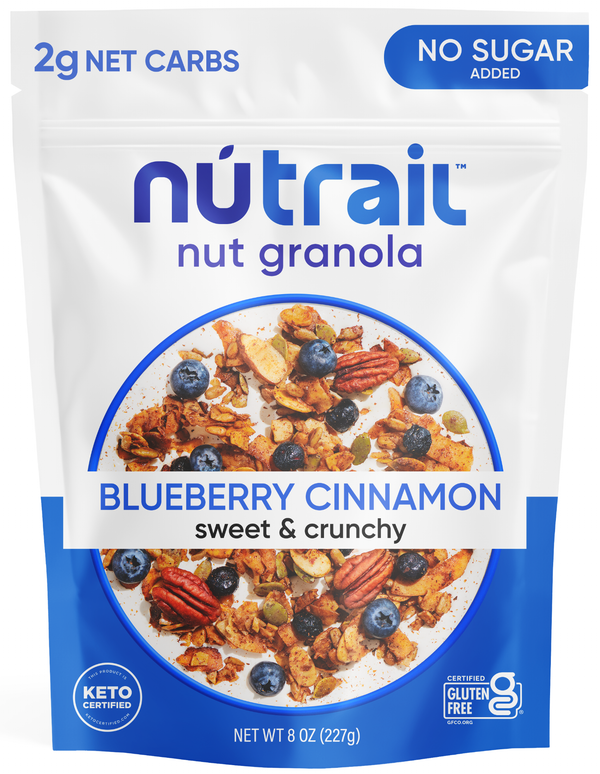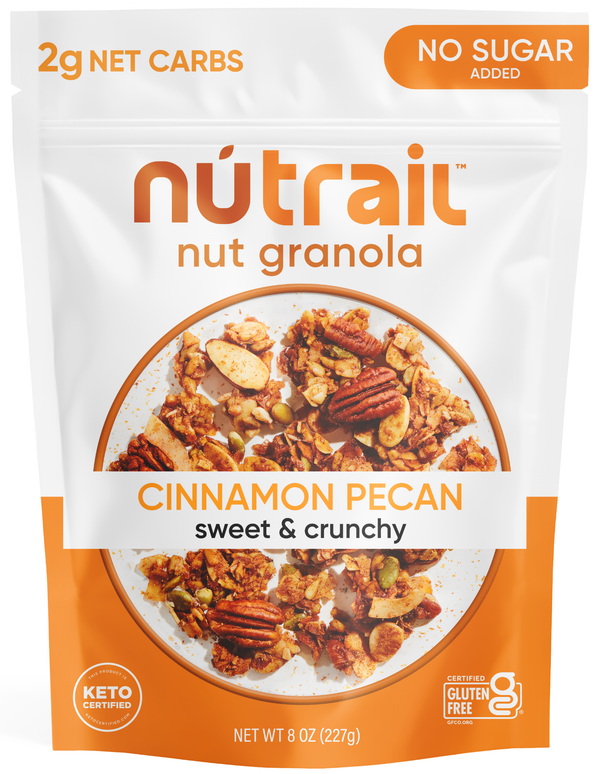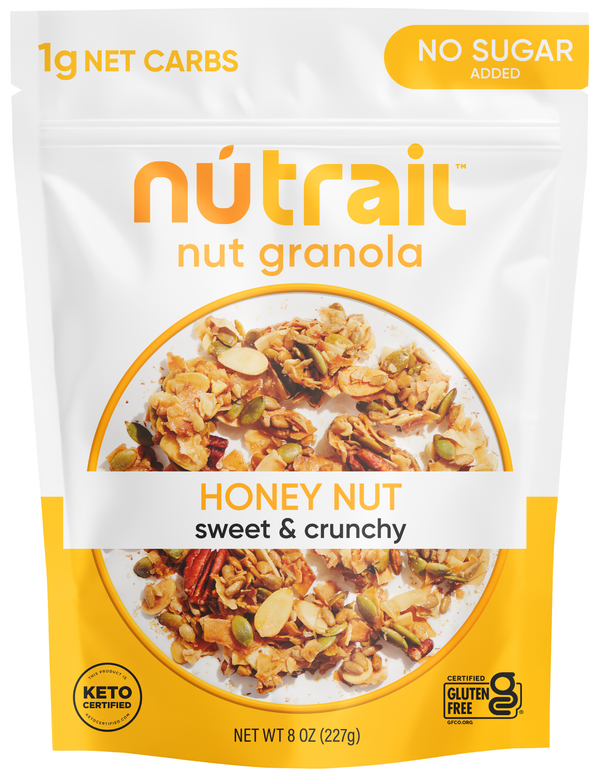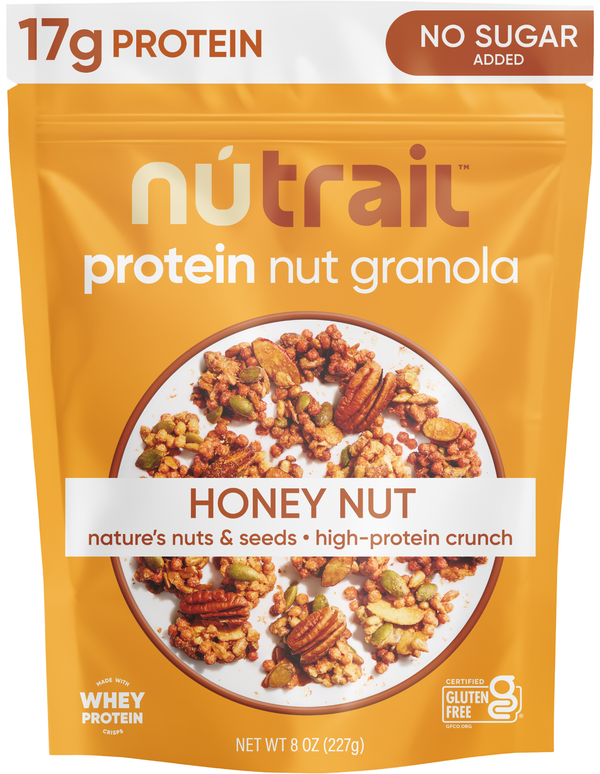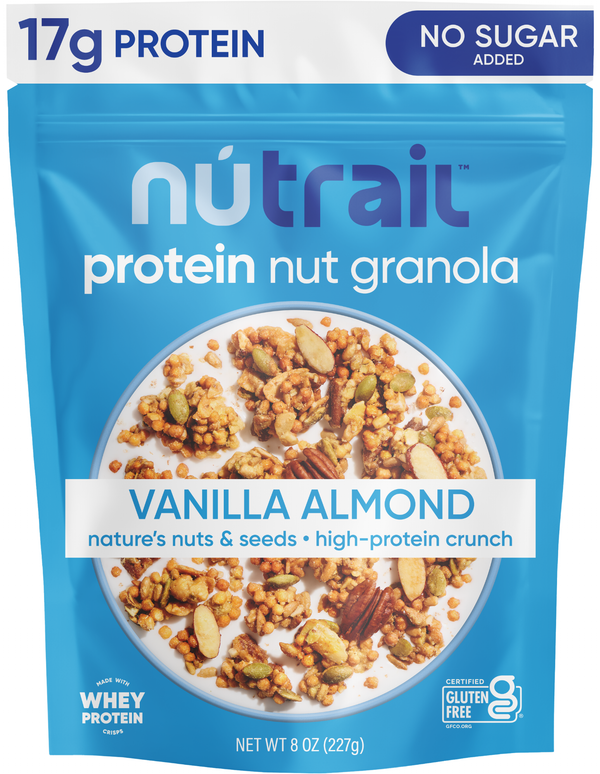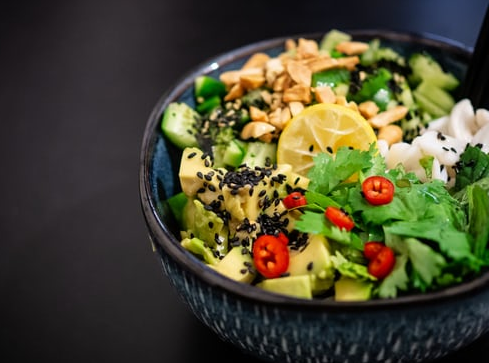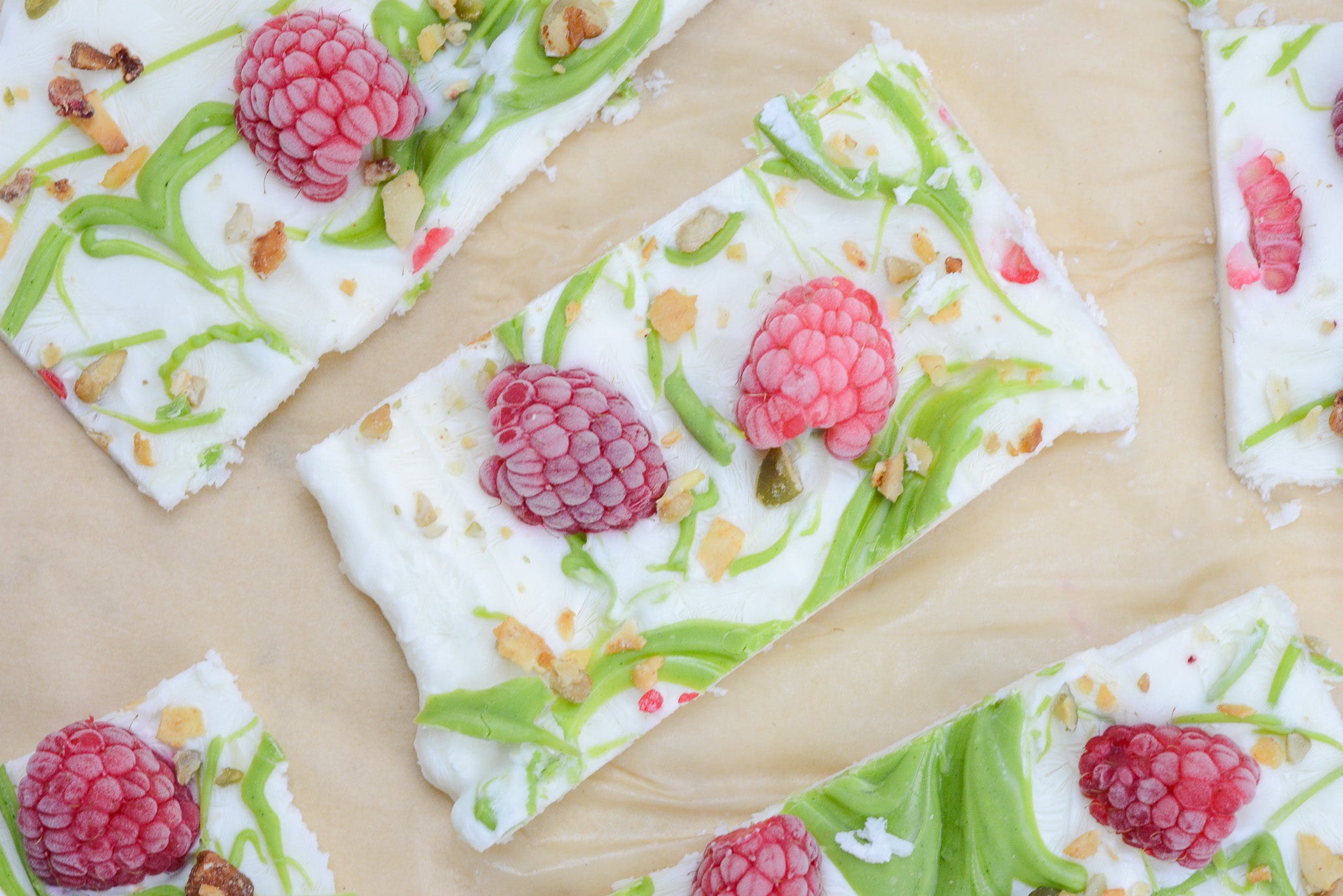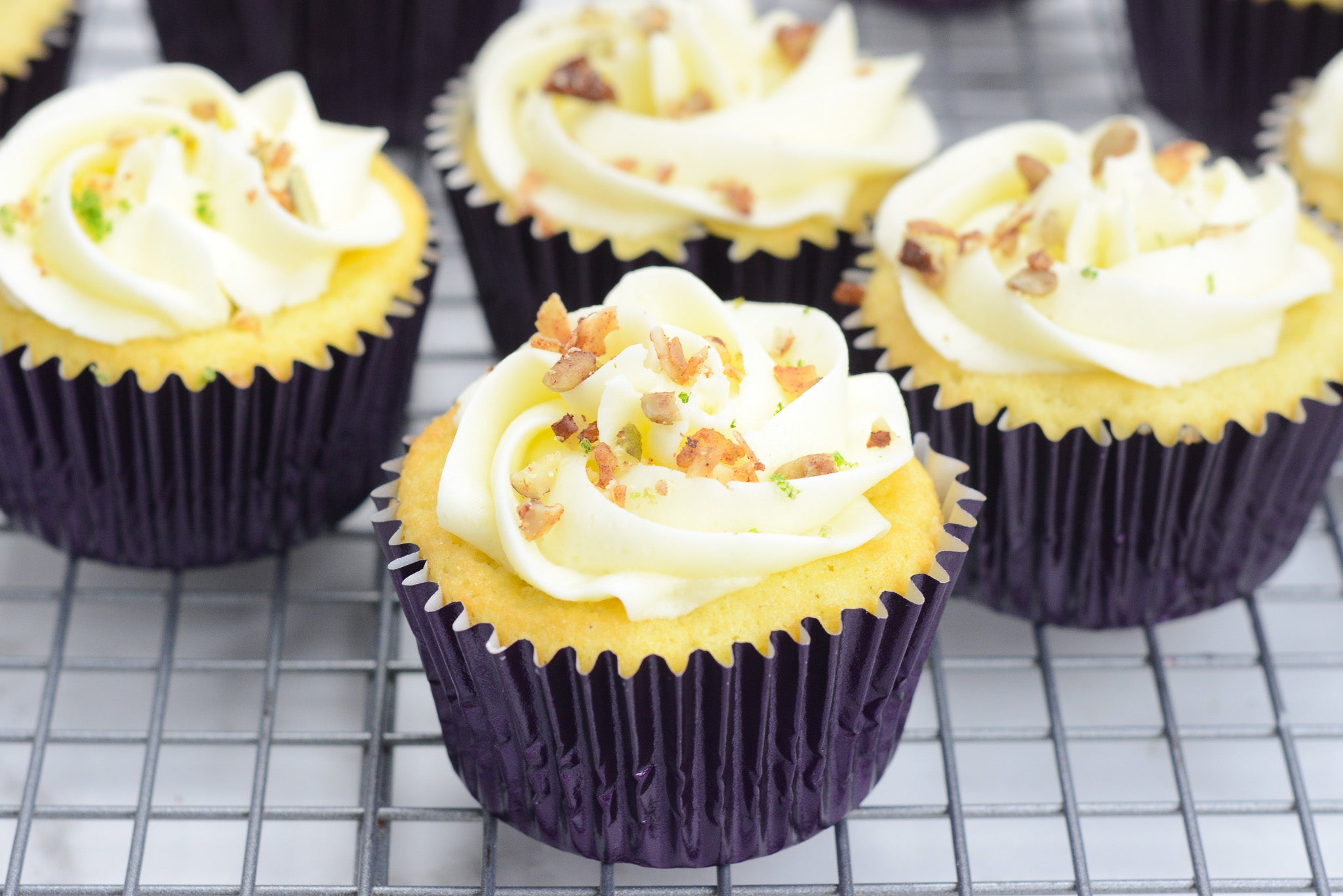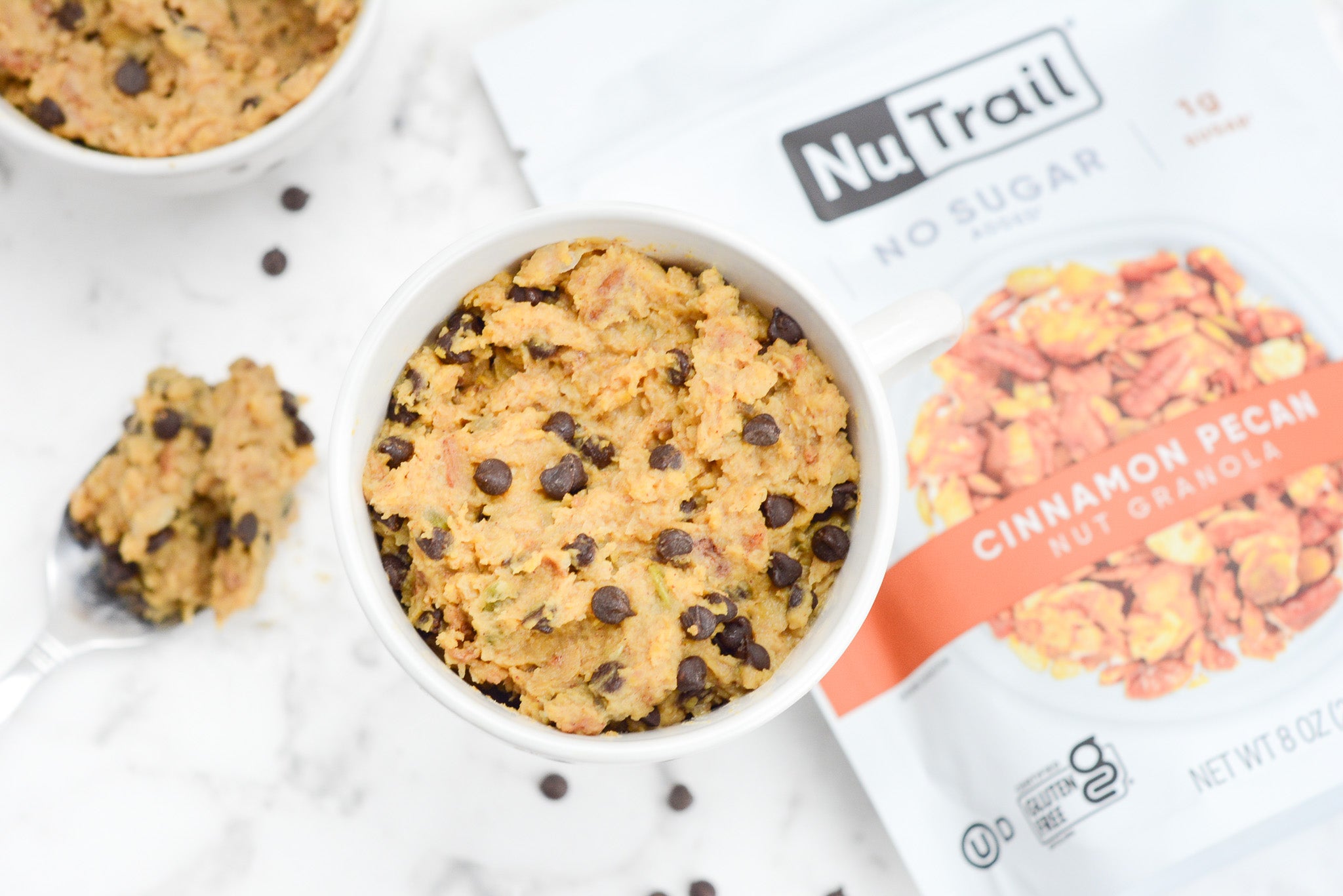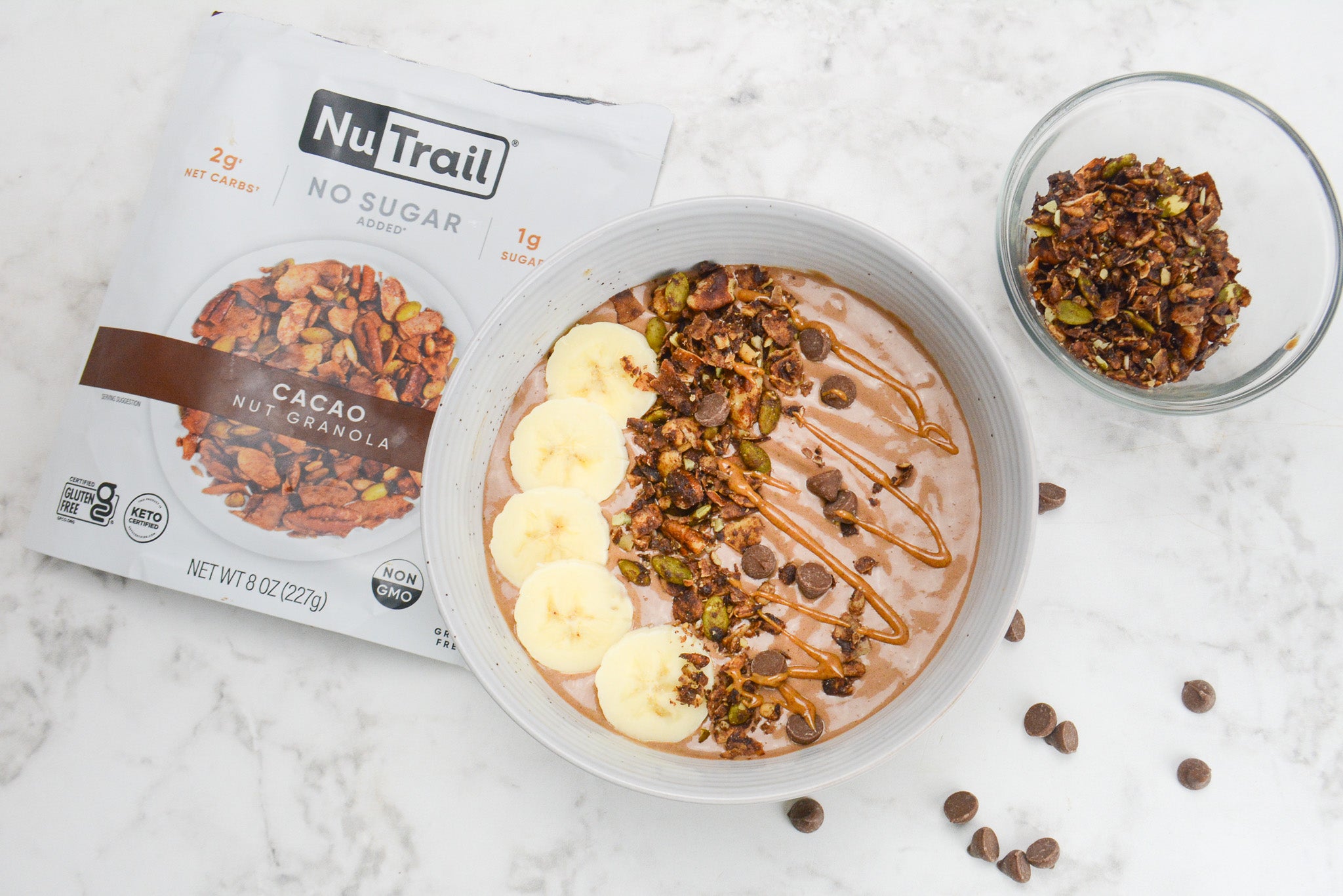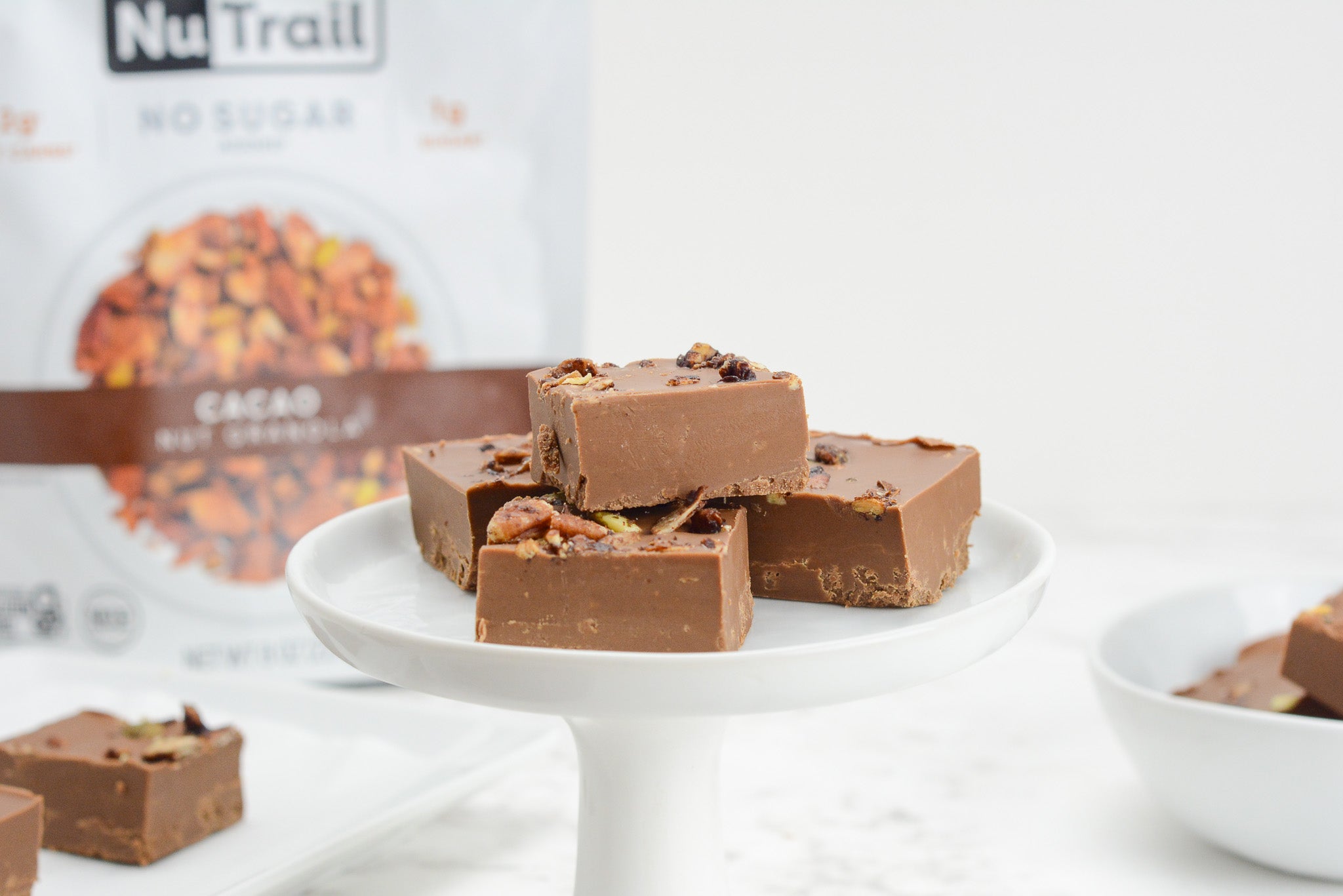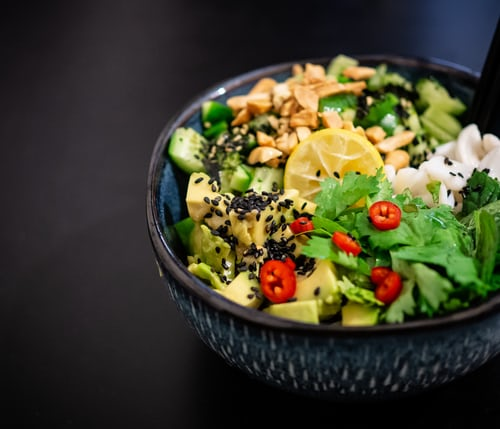
A lot has been written about the keto diet since it began gaining popularity in the early 2000s. While most of it has been good, inevitably some of it has been less than flattering and often littered with myths and misunderstandings.
Since its inception as a treatment for children with epilepsy in the 1920s, the ketogenic diet was largely replaced over time with antiepileptic drug therapy as a treatment. However, decades later, it was a 1994 episode of the Dateline TV program featuring a segment on a two-year-old epilepsy patient that brought the keto diet back into the spotlight.
Back then, the diet landscape was dominated by the Adkins diet, a similar low-carb eating plan. It would be several years until the ketogenic diet stepped back into the forefront of healthy eating plans. When it finally did, it was with an explosive bang!
10 Keto Myths Debunked
So let’s take a look at the 10 most common keto misconceptions and set the record straight.
Myth #1 — Keto is Dangerous or Bad for Your Health
While this is said with the utmost respect for the medical authorities that have weighed in on this subject, most people have found the keto diet to be a terrific way to lose weight and to feel healthier. In fact, there’s an equal number of studies that show the benefits of the keto diet on overall health and well-being.
Part of that can be attributed to eating more healthily and cutting out processed foods laden with carbohydrates and sugars. When in ketosis, your body burns ketones for fuel producing less oxidation and fewer free radicals, which reduces inflammation — a chief cause of many chronic and autoimmune diseases.

By staying hydrated and making sure that you’re getting your daily macronutrients, it’s possible to avoid most potential downsides. You might just experience what many proponents of the keto diet report: improved digestion, more energy, increased focus, clear skin, and better sleep.
Myth #2 — You Can Eat as Much Fat as You Want
Another keto myth that should be debunked is that you can consume as much fat as you want of any kind you want. This is probably a holdover from the Atkins diet days where people were encouraged to eat mostly red meat and full-fat dairy (can you say trans-fat and hydrogenated oil).
Today, the keto diet has specific guidelines for how much fat you eat, but equally important, what types of healthy fats should be included. The focus is on unrefined, whole food sources like avocados, olives and olive oils, nuts, coconuts, and grass-fed butter, with limited eggs, poultry, meats, and wild-caught seafood.
Myth #3 — Fasting is a requirement
No, fasting is not a requirement. In fact, if you want to add intermittent fasting to your keto diet, it’s recommended that you wait until your body has acclimated to the new lifestyle. You may find you have an adjustment period while your body finds its new normal and adding fasting to the regime may be counterproductive.
Set yourself up for success and hold off on fasting for a while. When the time is right, many people report adding intermittent fasting can accelerate weight loss, help detoxify your body, and improves cravings.
Myth #4 — The Keto Diet is Just for Weight Loss
Over time, as more studies have been performed, the keto diet is becoming more recognized within the medical community as a supportive therapy for the treatment of life-threatening and chronic illnesses and diseases.
Contrary to many keto misconceptions, the keto diet is being used with patients in cancer treatment, experiencing Alzheimer’s disease symptoms, and for people healing from brain trauma injuries.
Myth #5 — No More Carbs — Ever!
No, no, no — that is one of the common keto myths that turn people away. They can’t imagine a life without any carbs. On the contrary, while the keto diet does limit the number of carbs you can have each day, focus on net carbs — total carbs minus fiber.

Believe it or not, there are keto bread mixes that have 2 g per slice and 4 g each of healthy fats and protein. Or think about recipes like keto chicken pot pie with cheddar biscuits or pancakes.
Myth #6 — It’s a High Protein Diet
One of the major keto myths that keeps resurfacing year after year — on the contrary, the keto diet is based on healthy fats making up the bulk of your daily calorie intake. Up to 90% of your calories will be from healthy, sustainable fats, with only a small amount from protein and carbohydrates.
This high fat intake is the lynchpin in your body’s ability to achieve and stay in ketosis. Avocados, nuts and nut butters, seeds, olives, ghee, coconuts and coconut oil are all on the menu with the keto diet. Also good is MCT oil which is made from coconut oil and is comprised of medium-chain triglycerides.
Myth #7 — No More Working Out
A common keto myth, you don’t have to stop exercising on the keto diet. You may, depending on how you feel, want to modify or suspend your workouts until you know how your body responds to the keto diet or until it has fully adapted.

It will also be important to keep your fat intake high enough to offset your caloric output from increased activity.
The benefits far outweigh the downside of feeling a little sluggish in the early days — exercise while in ketosis burns two to three times more fat, does a better job of managing your blood sugar levels, and tends to keep fatigue at bay. So, go ahead and take that walk.
Myth #8 — No Alcohol
Believe it or not, spirits, dry wines, and some light beers are low carb and keto-friendly. Most people think of beer and wine as carb-heavy, but today there are more and more options that meet the keto diet threshold.
You will still have to plan your carb intake into your day (and think “moderation”), but don’t feel like you have to deprive yourself.
Some of the best alternatives are:
- Tequila — which has a fermented and distilled sugar in it that isn’t digestible and will be used as dietary fiber by your body. (And remember about net carbs and fiber….)
- Low Carb Beer — Most of the big beer companies are making a low-carb beer today, plus many of the craft beer companies have joined in as well.
- Hard Seltzers which boast just 100 calories and 2 g of net crabs — Yay!
- Dry Wines — For white wine, try Sauvignon Blanc with just 2 g of net carbs and for red, try a Syrah (3.8 g) or a Cabernet (2.6 g net carbs). Or if you’re celebrating, there’s always champagne with just 2 g of net carbs. Strange fact: European wines tend to be drier than California wines — who knew?

Myth #9 — Ketoacidosis and Ketosis are Synonymous
This falls under keto myths and facts! Ketosis is a metabolic process that happens in your body as it uses glucose for energy, instead of carbohydrates which is its usual form of energy.
With the keto diet, you are restricting your intake of carbs and forcing your body to use the plentiful fats that you are consuming as an alternative source of fuel. Your liver turns those fats into ketones and the process of your body using them as energy is called ketosis.
On the other hand, ketoacidosis is a dangerous, even life-threatening, condition in diabetics where they have too much sugar in their system. This impacts organ, as well as brain, function and can be extremely dangerous if not treated by a healthcare professional.
Myth # 10 — Keto is Just Like the Atkins Diet
Not even close. As we talked about earlier, the Atkins Diet was predicated on an all-protein diet with severely restricted carbs. Fats were an afterthought and healthy fats even more so.
While people thought they had found Nirvana in the form of a 16 oz Ribeye topped with blue cheese butter, in fact, many people found the diet to be unsustainable. While it’s had a resurgence in the last couple of years, the popularity of the keto diet is unmistakably the top of the heap.
It’s a Wrap!
Well, those are the top 10 keto myths that come up time and again. There’s one rule of thumb that we believe everyone should rely on — if you feel better when on the keto diet, that’s fantastic. If you aren’t thriving on the keto diet (following the initial adaptation phase), then maybe it’s not the right solution for you.
Here’s to your health! Contact us for more information, keto products, and great recipes.
NuTrail — Keto Granola, Biscuits, Bread and Baking Mixes
Join our Keto Community on Instagram & Facebook.
Sign up to receive NuTrail emails.
